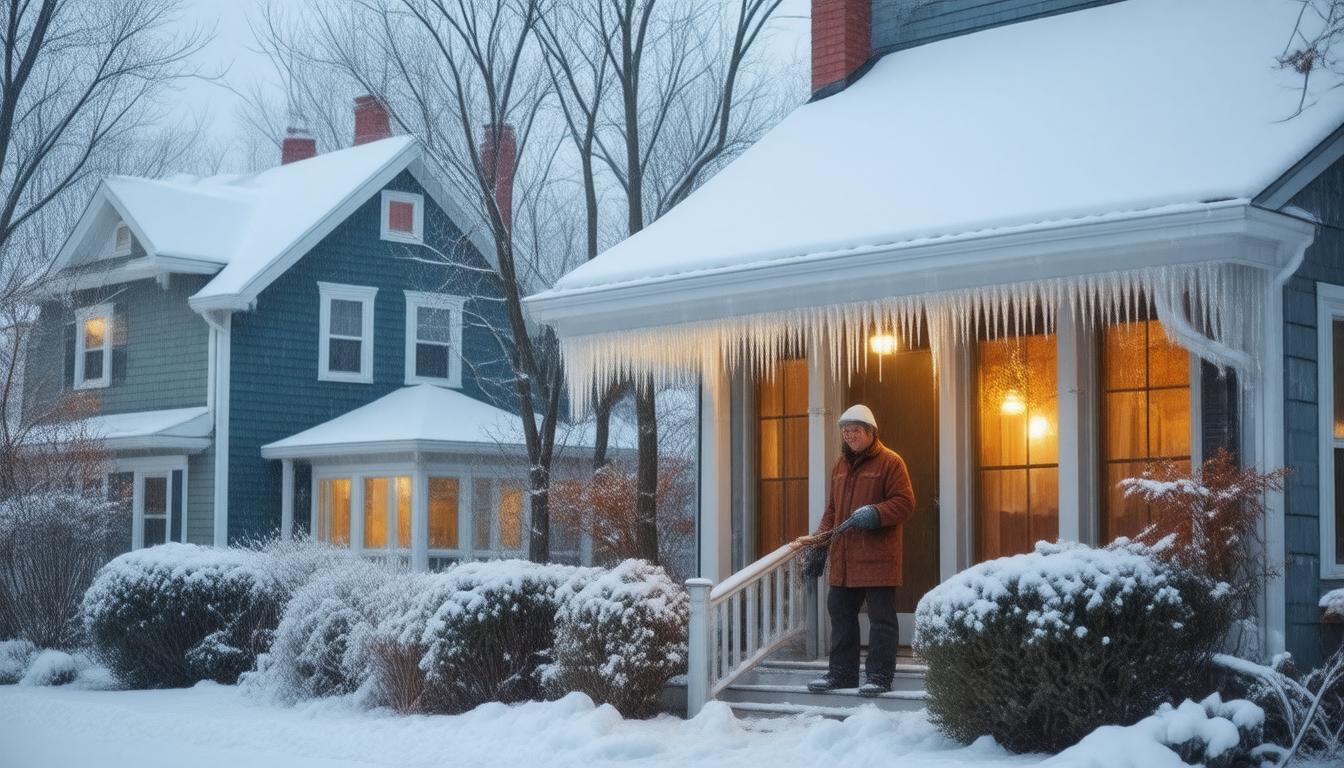

Exploring the Challenges in Conducting Home Inspections in Hawaii
Home inspections are a crucial component of the real estate buying process, giving potential buyers important insights into the condition and needs of properties. However, in some cases in Hawaii, buyers may find themselves unable to conduct these inspections. This could be due to several factors ranging from logistical challenges to legal and market-driven issues. Understanding these factors can help both buyers and sellers navigate the complexities of real estate transactions more effectively.
Market Pressures and Competition
In Hawaii’s fast-paced real estate market, homes often receive multiple offers shortly after listing, sometimes even on the same day. In such high-demand scenarios, sellers may favor offers that are not contingent on a home inspection. Buyers, eager to secure a property in a competitive market, may voluntarily waive their right to a home inspection to make their offer more attractive. This strategy, while risky, is especially common in hot markets where the fear of missing out can drive quick decisions.
Regulatory and Geographical Challenges
Conducting home inspections in Hawaii poses unique challenges due to the state’s strict regulations and the geographical isolation of the islands. The availability of qualified inspectors can be limited, and scheduling can be problematic, particularly on the less populous islands. Furthermore, the costs associated with inspections can be substantially higher than on the mainland, due to travel and other logistical issues, potentially deterring buyers from exercising this option.
Natural Factors Impacting Properties
The natural environment in Hawaii can also impact the feasibility and outcomes of home inspections. Issues not commonly found in other regions, such as volcanic activity, can limit access to properties and make thorough inspections difficult. Additionally, Hawaii’s climate contributes to unique issues such as mold, corrosion, and pest intrusions, which require specialized expertise to assess properly. These environmental factors can make it harder for inspectors to provide a comprehensive and timely evaluation of a property’s condition.
Seller Disclosures and Legal Protections
While Hawaii law requires sellers to complete a detailed disclosure form that outlines the condition of their property, the rigor and thoroughness of these disclosures can vary. In some cases, sellers may not be fully aware of all issues, particularly if they have not conducted recent inspections themselves. Buyers who forego their own inspections based solely on seller disclosures might face unexpected issues post-purchase. However, it’s crucial for buyers to understand that seller disclosures are designed to protect them and are legally binding; sellers failing to disclose known issues can be held liable.
Alternative Solutions and Buyer Strategies
In situations where traditional home inspections may not be possible or practical, buyers can consider alternative strategies. For instance, they could negotiate for post-closing escrow funds that would cover potential repairs, based on preliminary assessments or previous disclosures. Additionally, buyers might opt for specialized inspections targeting specific areas of concern instead of a full property inspection, which could be more feasible and cost-effective.
Although it might seem advantageous in the short term to skip home inspections especially in competitive markets like Hawaii, this can lead to significant unforeseen costs in the future. Buyers must weigh their options carefully, considering both the risks of foregoing an inspection and the potential long-term impacts of any undetected property issues.
Conclusion
Understanding the complexities surrounding home inspections in Hawaii is crucial for both buyers and sellers in the real estate process. By acknowledging the unique challenges and market dynamics at play, parties can better strategize to protect their investments and ensure fair, informed transaction outcomes. Whether adjusting offer strategies to include inspections, leveraging legal protections, or finding creative solutions during negotiation, the goal is to achieve a balance that respects both buyer safety and seller convenience.







